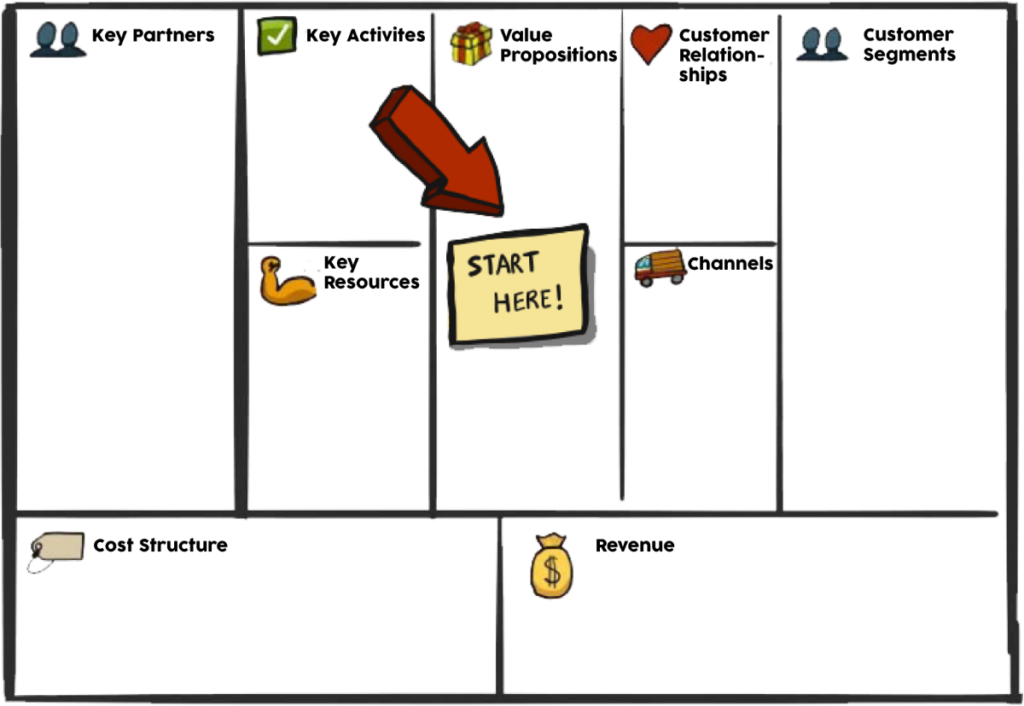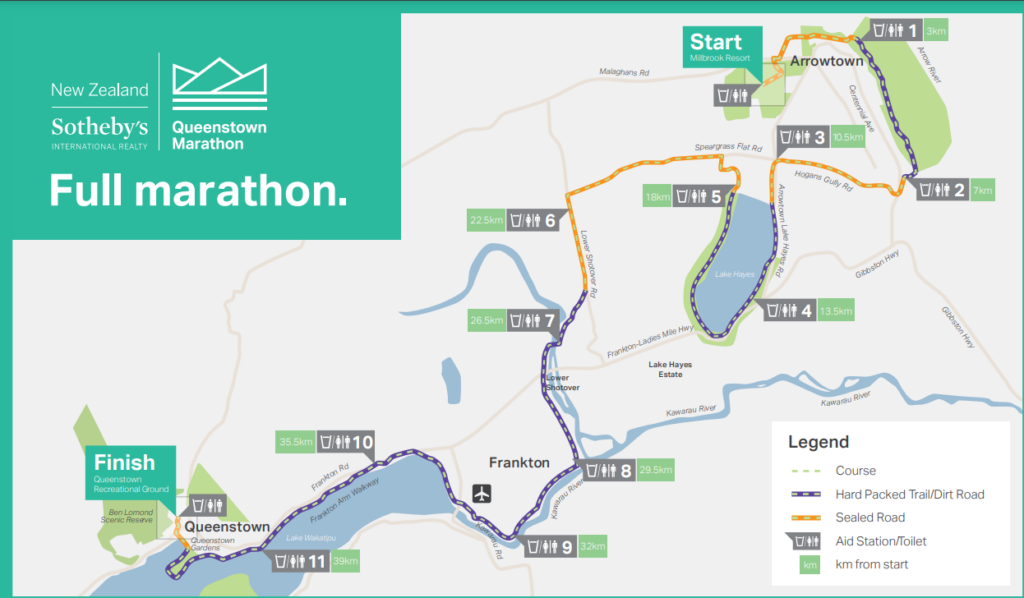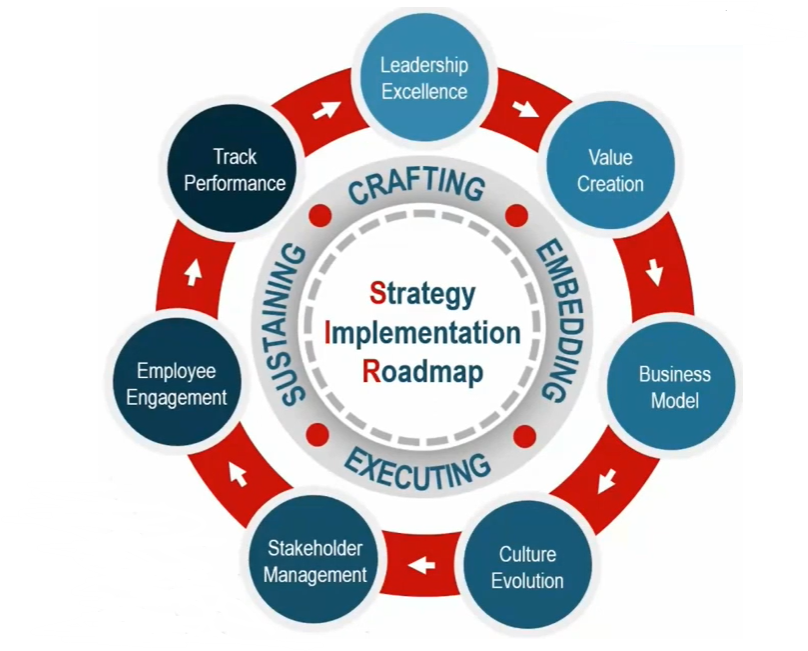The Value of Quantifying Waste
The city I live in has a big problem with its water pipes. The region’s water provider, Wellington Water, estimates 45% of the drinking water it supplies is lost through damaged pipes. The loss is from over 3,000 leaks in the water mains, not dripping taps on private property. Historic underinvestment, messy governance and an…
Read MoreProject Sponsor: Three Types of Authority
Projects implement strategy. The Project Sponsor (or Executive Sponsor) is the person responsible for the success of a project. They provide strategic alignment, necessary guidance and resources to the project manager and team. In most cases, they are the original champion of the project, but may also have inherited it from a predecessor. A key…
Read MoreSunk Cost Fallacy: How holding on can sink your productivity
In the National Basketball Association (NBA), teams frequently offer players multi-year contracts, based on performance or potential. However, various factors like aging or injuries can lead to a decline in these players’ performance over time. In some cases, despite the initial promise, these players may not meet expectations. They are a sunk cost. Despite this,…
Read MoreStrategy means facing challenges
Delivery of strategy always has its challenges. Lack of money, resources and support can affect success. My first job out of university was as a historic researcher for the New Zealand Forest Service (NZFS) then the Department of Conservation (DOC). My job was to research historic sites and to help develop a successful strategy for…
Read More3 Ways to celebrate your success in 2023
This past year has been tough for many people and organisations but the chances are you had successes too. I am a business owner but I also donate time to help raise professional standards and organisational performance. That includes being a judge in competitions that celebrate success so I want to encourage you to consider…
Read MoreFocus your Business on your Value Proposition
I moved into a new apartment recently and took on the internet account. What I thought would have been a simple, user-friendly task, unfortunately, was far from it. I’ve never seen something so simple made so difficult. The internet service provider’s (ISP’s) business processes are so poor. The customer is not the focus at all. …
Read MoreStrategic Success: Lessons from a Marathon
Sometimes, strategy fails. Even a rigorous plan and putting the right people, processes, and systems in place does not guarantee success. One can either deviate from the strategy, or unexpected events occur that throw your strategy out the window. I recently ran a marathon and likened it to the challenges of managing a strategic project…
Read MoreCollaboration drives strategic success
Some ideas bear repeating to get the message across. Collaboration is one of them. If we reflect on research, our own observations and the experience of successful people and organisations it is clear that collaboration is key to success. Patrick Lencioni said “Teamwork begins by building trust. And the only way to do that is…
Read MoreCapability Building: The role of projects
Projects, when carefully planned and executed, can be powerful vehicles for driving change and building capability within an organisation. They provide a structured approach to address challenges, implement improvements, and capitalise on opportunities. Here are a few ways projects can be used to build capability… Knowledge Sharing Knowledge is a competitive advantage for organisations. We…
Read MoreEffective Strategy Implementation – People over structure
Strategic initiatives can be risky and many of them fail. Strategic plans get developed and even published, but still have no impact. In their 2008 book ‘The Execution Premium’, Norton and Kaplan note that 60-80% of companies fall far short of the expressed targets in their strategic plans. The Economist Intelligence Unit published ‘Why Good…
Read More









